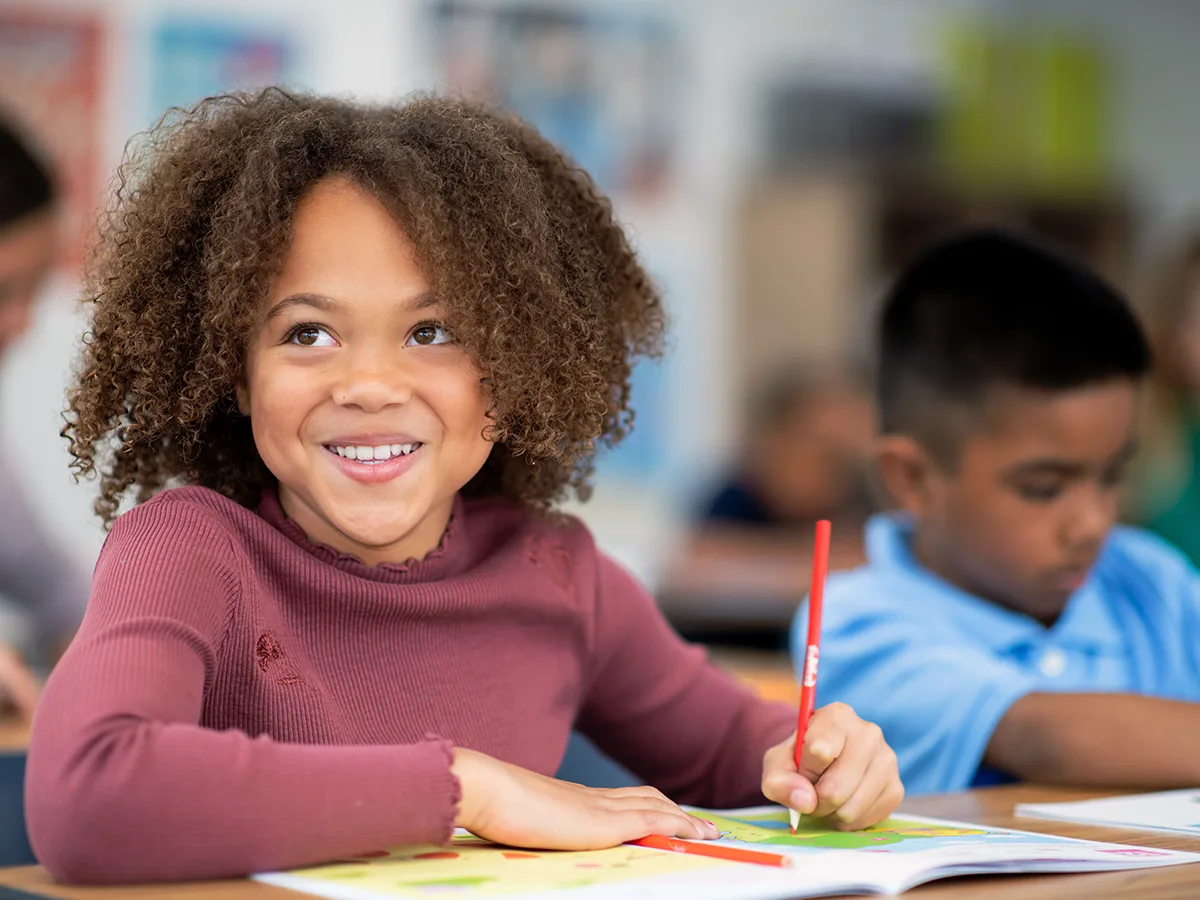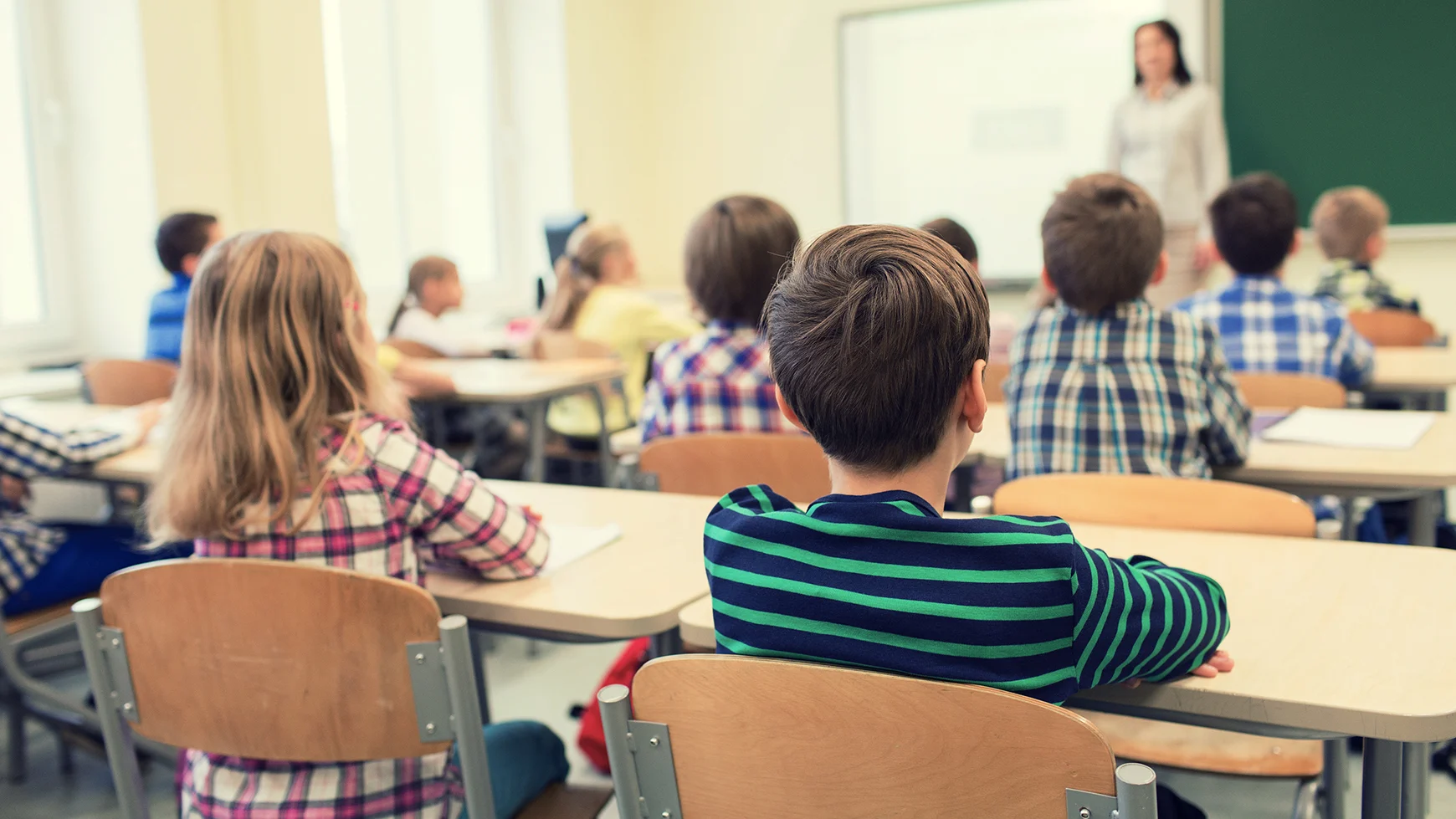Recognizing the Importance of Colleges in Kid Growth and Community Growth
Colleges' involvement with regional neighborhoods via service-learning campaigns enhances the bond between households and educational establishments. This symbiotic connection highlights the value of colleges in nurturing energetic citizenship and lifelong learning habits.
Academic Success
Academic achievement acts as a foundation of youngster advancement, offering the structure whereupon future discovering and success are developed. Schools play an essential function in fostering this scholastic growth, using organized environments where youngsters can obtain crucial knowledge and cognitive skills. Standardized educational program make sure that students gain proficiency in core topics such as maths, science, and language arts, which are vital for both college and professional opportunities.
Along with imparting basic academic abilities, institutions likewise grow important thinking, analytical abilities, and intellectual inquisitiveness. These cognitive expertises are crucial for browsing intricate real-world circumstances and adjusting to the ever-evolving needs of the modern-day workplace. Teachers, as facilitators of discovering, employ diverse instructional strategies to deal with diverse understanding designs, thereby making best use of individual trainee possibility.
Additionally, scholastic success is closely connected to self-confidence and motivation. Kids that experience scholastic success are most likely to create a favorable self-concept and a long-lasting passion for discovering. Colleges additionally supply different sources, such as libraries and modern technology, which even more improve the academic experience and prepare pupils for a technologically innovative culture.
Social Skill Growth
Beyond academic achievement, the role of institutions in social ability advancement is crucial. Schools offer as a main venue for children to learn and practice necessary social abilities such as interaction, collaboration, and problem resolution. In the organized environment of a classroom, pupils connect with peers, instructors, and various other college staff, providing countless chances to establish these vital capacities.
Reliable social ability advancement in schools is helped with through team activities, collective projects, and extracurricular programs. These communications help students comprehend social norms, construct empathy, and promote a sense of community. For example, team assignments instruct students how to collaborate towards a typical objective, listen to various perspectives, and browse arguments constructively.

The cultivation of social skills during college years lays a structure for future personal and specialist relationships. Save Temecula Schools. As trainees grow, the ability to successfully work together and connect becomes increasingly important, highlighting the college's crucial function in alternative kid advancement
Exposure to Diversity
Exposure to diversity in schools is essential to promoting an inclusive way of thinking and widening students' perspectives. Schools act as a microcosm of the broader society, and experiencing diverse cultures, languages, and socioeconomic backgrounds within this environment equips students with important skills for navigating a progressively globalized world. This exposure urges compassion, lowers bias, and advertises shared regard amongst peers.
Research study suggests that students who interact with peers from diverse backgrounds show much better analytical abilities and creativity. This understanding of diversity prepares students for future offices that worth multicultural proficiency - Save Temecula Schools.

Community Engagement
The advantages of varied class extend past the college wall surfaces, cultivating a solid feeling of area involvement among trainees. By engaging with peers from different cultural, socioeconomic, and ethnic histories, trainees get a more comprehensive viewpoint and an appreciation for variety. This direct exposure encourages them to become active citizens that agree to add positively to their communities.
Schools that emphasize area involvement usually include service-learning jobs, which enable students to attend to real-world issues while applying academic abilities. These jobs not only enhance pupils' understanding of their coursework yet likewise instill a feeling of responsibility and compassion. Partnerships in between schools and neighborhood organizations supply trainees with possibilities to get involved in community occasions, better solidifying their function as aggressive area members - Save Temecula Schools.
Furthermore, parental and neighborhood involvement in colleges enhances the bond between educational institutions and the neighborhoods they offer. With these efforts, institutions play an essential duty in supporting community engagement and cultivating my link societal development.
Lifelong Discovering Practices
Establishing long-lasting discovering behaviors is essential for a child's continuous development and versatility in an ever-changing world. Colleges play a crucial function in instilling these habits by creating an environment that promotes curiosity, important thinking, and a love for understanding. With varied curricula and extracurricular activities, educators encourage students to discover numerous topics, analyze information seriously, and use their discovering to real-world circumstances.

In addition, schools offer an organized environment where kids can create self-discipline and time administration skills, both of which are important for continual understanding. By highlighting the importance of setting goals, reviewing progress, and adapting methods, schools prepare trainees to browse the intricacies of Continue grown-up life, guaranteeing they remain long-lasting learners and factors to culture.
Verdict
To conclude, schools are vital in promoting child development and community growth by offering environments for academic success, social ability growth, and direct exposure to variety. With collaborative projects and interactions, colleges improve vital thinking, compassion, and interaction skills. Area involvement initiatives additionally enhance the bond between neighborhood neighborhoods and instructional organizations. Ultimately, schools grow lifelong discovering practices, gearing up individuals with the required understanding and abilities to contribute favorably to society.
In the organized setting of a class, pupils communicate with peers, educators, and other college personnel, supplying countless opportunities to create these critical capabilities.
In significance, exposure to variety within schools not only improves individual trainees yet also strengthens the social material of the neighborhood as a whole.
The advantages of diverse classrooms prolong beyond the school walls, promoting a solid feeling of neighborhood involvement among pupils.Colleges that emphasize community interaction usually incorporate service-learning projects, which enable pupils to resolve visit this site real-world problems while applying academic abilities. Collaborations between schools and regional organizations supply trainees with possibilities to get involved in area occasions, further solidifying their role as proactive area members.